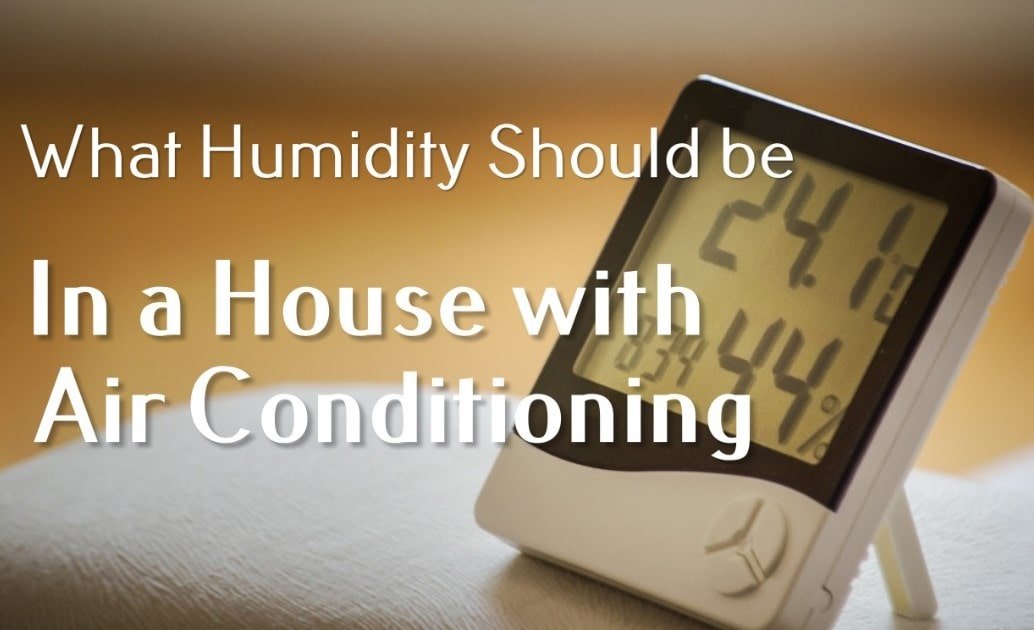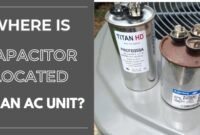Living in a house with quite high humidity is not fun at all. Humidity levels may be one of the most neglected aspects of life, but things may get worse when it turns higher and higher. It can be an extreme threat to your property and health.
But, before moving on to what the ideal humidity should be in a house with air conditioning (AC) systems, it’s essential to have a good understanding of what humidity is.
Humidity is a measurement of moisture amount in the air. The amount of moist air varies as per the season – higher in the summer and lower throughout the winter.
As mentioned before, high humidity levels are not only a threat to wood, paint, or insulation, but it can also cause severe problems for your lungs. So, it is essential to know what humidity should be in a house with air conditioning.
What Should The Ideal Humidity Be in a House with AC?

Energy Star states that ideal indoor humidity levels are between 30 and 50%, but specifically in the summer, it should be around 40-50%, depending on the temperature outside the house. However, in every season or scenario, keeping the humidity levels in your home below 50% to avoid the threat of mold and bacteria is highly recommended.
Best AC Setting to Maintain Indoor Humidity Levels in the Summer
Luckily, AC units are not only used to cool down the air inside your house during summer, but they are extremely good at decreasing humidity and moisture levels, especially if your house is air-sealed. When the outside temperature is high, and humidity levels rise, use your AC humidity setting (set it to cooling mode) to reduce temperature, which it will encourage humidity levels to drop.
The US Department of Energy recommends setting your thermostat to 78F (26C) when you are home and 7 to 10F (2 to 3C) higher while you are away for more than two hours. Not only maintain humidity levels inside your house, but these settings also allow you to avoid an unusually high electric bill.
Another thing to note is to ensure your AC systems are correctly sized. An AC unit can only reduce humidity levels while operating. If your systems are too big for your house, their cooling cycles will be too brief and won’t work long enough to reduce indoor humidity levels effectively.
Controlling Indoor Humidity Levels Does Really Matter
After reading the entire article, you have recognized the importance of knowing what humidity should be in the house with air conditioning. Although you are not an expert, at least you now know how to protect your property and health while doing activities at your home.
Hopefully, you will always be aware that elevated humidity levels can be a severe problem if not prevented or maintained correctly.


